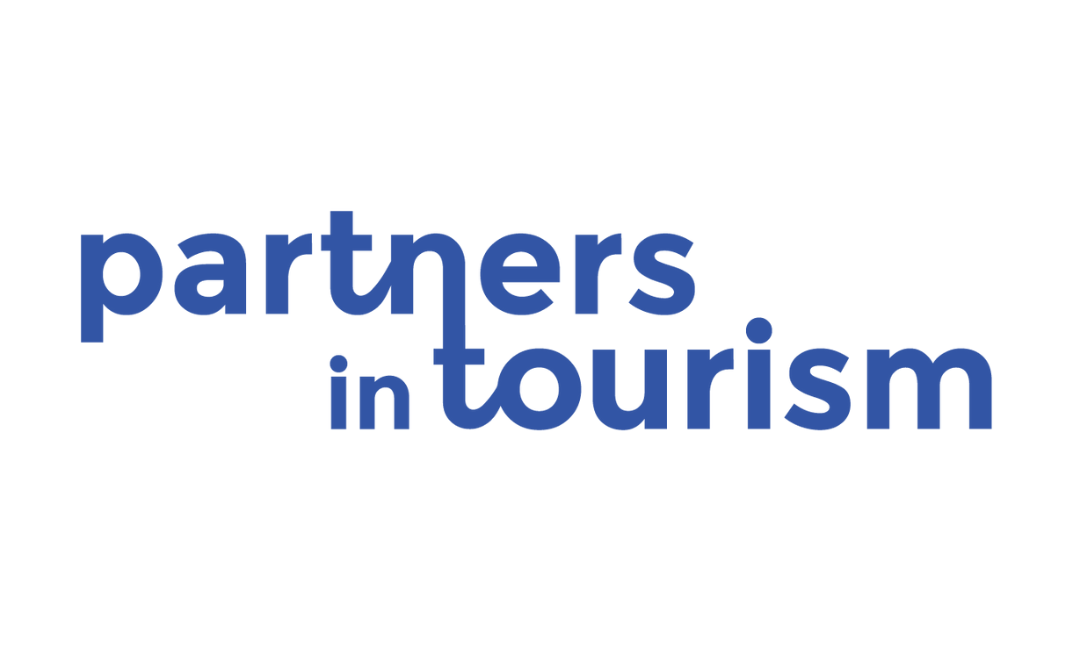What Skills Do You Need to Work in Tourism
The tourism and hospitality industry offers a wide range of opportunities for individuals with a variety of skills and backgrounds. Whether you were inspired by the attention to detail of the concierge at a hotel, have marvelled at flavour profiles while dining at a restaurant, were invigorated after experiencing an attraction (like a rollercoaster, or whale watching), or felt swept away while on vacation, you have likely experienced the magic of the tourism and hospitality industry. As you explore which career path might be right for you, there are certain key skills that can help you succeed in the tourism and hospitality industry.
A few of the essential abilities for working in tourism and hospitality include communication, customer service, time management, sales and marketing, cultural awareness, language proficiency, organizational abilities, technical skills, and flexibility. Having strengths in these areas can help you stand out as a valuable asset to employers to help you build a successful career. Here is a breakdown of these skills and why they are important for success in tourism and hospitality.
To work in the tourism industry, you’ll need a variety of skills. Here are a few of the top skills employers look for:
Communication Skills:
Being able to communicate effectively with customers, colleagues, and stakeholders is crucial in the tourism industry. You’ll need to be able to convey information clearly and concisely, listen actively, and understand different cultural norms.
- Example: If you work in a hotel and a guest puts in a request to get a late check-out, but due to high occupancy you can’t grant the request, you need to think of how to professionally communicate your inability to accommodate the request and propose a solution. Instead of simply declining the request explain the situation and offer to store the guest’s luggage. To improve their experience, you could suggest nearby attractions to visit while waiting for their flight. A proactive solution and clear communication could make the difference between a happy and unhappy guest.

Customer Service Skills:
You’ll need to be able to anticipate and meet the needs of customers, including handling complaints and resolving conflicts. You should have a positive attitude and be able to maintain a professional demeanor even in stressful situations.
- Example: If you work as a tour guide in a national park and notice that one of the hikers is struggling to keep up with the group, you will need to come up with a plan. As the guide, you could slow down the pace, provide encouragement, and even offer to carry the hiker’s backpack. All these actions could improve the experience for the hiker.

Time Management Skills:
Working in the tourism industry often involves managing multiple tasks and priorities at once. You’ll need to be able to prioritize your workload, manage your time effectively, and meet deadlines.
- Example: Imagine you are an event planner, organizing a wedding reception in a tight timeframe due to a delayed flight of the bride and groom. As the planner, you would need to quickly adapt and efficiently coordinate with the vendors, staff, and guests to ensure everything runs smoothly so the newlyweds are able to enjoy their special day.
Sales and Marketing Skills:
If you work in a sales or marketing role in tourism, you’ll need to be able to identify and pursue new business opportunities, develop and maintain relationships with clients, and promote tourism products and services.
- Example: Perhaps you are a travel agent who just received a request from a couple who wants to celebrate their anniversary in a romantic destination. As their agent, you might suggest a secluded beach resort that features couples’ spa packages and private dining options. The couple would appreciate your attention to detail and personalized recommendations to make their anniversary extra special.

Cultural Awareness:
As tourism often involves interactions with people from diverse cultures, it’s necessary to have an awareness and appreciation of different cultural norms, customs, and beliefs.
- Example: In the hospitality industry, it’s important for you to make people feel comfortable. If you are a restaurant server and notice that a foreign tourist is struggling to use chopsticks, you might provide an alternative to make eating easier for them. You could discreetly offer them a fork and knife. The guest will appreciate the understanding and respect for cultural differences.
Language Skills:
Employees who are multi-lingual can be a valuable asset for employers in Tourism and Hospitality. Speaking a language other than English allows you to connect with guests who do not speak English.
- Example: Perhaps you can speak Mandarin and have taken a job as a hotel concierge. When a group of Chinese tourists who speak limited English arrive, you could help them by speaking to them in Mandarin. Your ability to speak in a guest’s primary language helps them feel more comfortable and informed during their stay.
Organizational Skills:
These are good for people who love a list and to be organized. Many roles in tourism require you to coordinate guests, events, tours, or other activities. Strong organizational skills will help you ensure everything runs smoothly.
- Example: If you get a job as a travel coordinator you may have to arrange transportation and accommodations for a large group of people, which in some cases includes multiple venues and activities. As the coordinator, creating a detailed schedule and communicating it clearly to the attendees, helps minimize confusion and delays, making for an enjoyable trip for the group.

Technical Skills:
If you love computers and are familiar with technical systems and software, you could be a great asset to a company. Many roles require the use of computers and software including booking platforms to streamline operations. This is especially important in the areas of reservation management, sales, and marketing.
- Example: Imagine you take a job as a tour operator and are required to use an online booking platform to allow customers to easily reserve tours and activities. Having expertise with computers will be helpful as you learn the role. Platforms like these also provide valuable data on customer preferences and feedback, enabling you to use that information to improve your services.

Flexibility and Adaptability:
Tourism is an ever-changing industry that requires the ability to adapt to new situations, handle unexpected events, and work with people from different backgrounds and cultures.
- Example: You’re a hotel front desk clerk and due to a flight cancellation, receive a group of unexpected guests at your fully booked hotel. Thinking on your feet will help you troubleshoot the situation. Suggesting they book at a nearby sister hotel and arranging their transportation will ensure a smoother experience for the guests.
Overall, the tourism industry requires a blend of hard and soft skills to provide excellent service and an enjoyable experience for tourists. If you enjoy meeting and helping people, tourism could be a fantastic career path for you.

